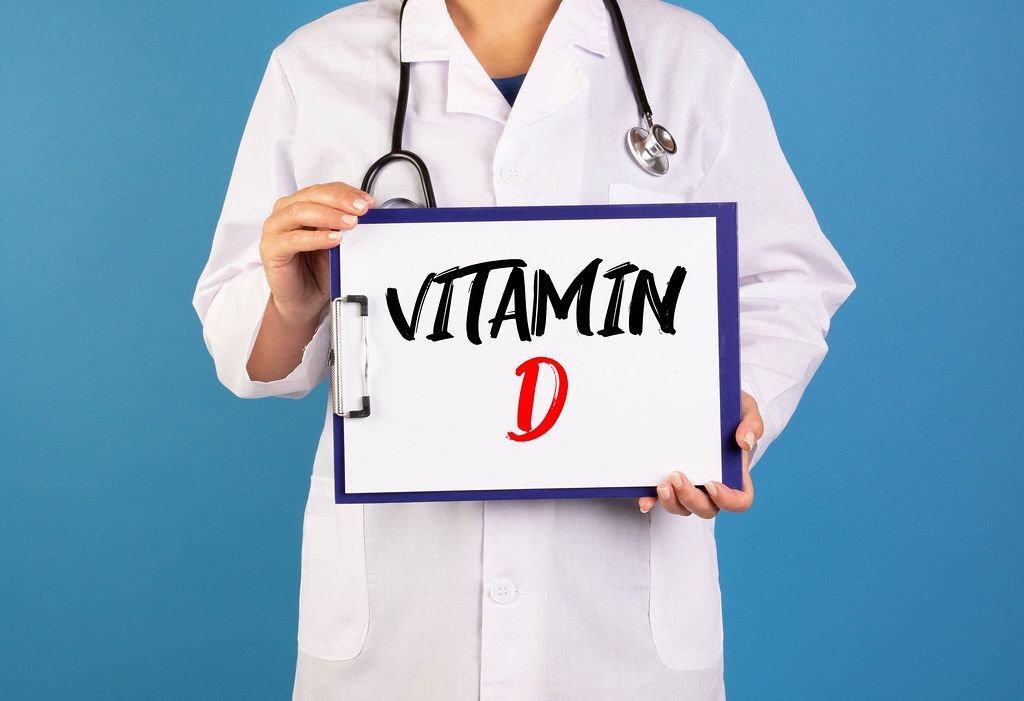Introduction
Vitamin D is a vital nutrient that our bodies need to stay healthy. It helps us absorb calcium, which is important for strong bones and teeth. However, many people don't get enough vitamin D, which can lead to health problems. In this guide, we'll explore what vitamin D deficiency is, why it happens, and what you can do to prevent it.
What is Vitamin D Deficiency?
- Vitamin D deficiency occurs when your body doesn't have enough vitamin D to function properly. This can happen for a variety of reasons, including:
- Not getting enough sunlight: Sunlight is the main source of vitamin D for most people. When your skin is exposed to sunlight, it produces vitamin D. However, if you don't spend enough time outdoors or if you always wear sunscreen, you may not get enough sunlight to make an adequate amount of vitamin D.
- Not eating enough vitamin D-rich foods: Some foods, like fatty fish, eggs, and fortified dairy products, contain vitamin D. If you don't eat enough of these foods, you may not get enough vitamin D from your diet.
- Having a medical condition that affects vitamin D absorption: Certain medical conditions, like celiac disease or Crohn's disease, can affect your body's ability to absorb vitamin D from food.
- Being obese: People who are obese are more likely to have vitamin D deficiency because vitamin D is stored in fat cells, so it may not be as available to the body.
Symptoms of Vitamin D Deficiency
- Vitamin D deficiency can cause a variety of symptoms, including:
- Fatigue
- Bone pain or muscle weakness
- Depression
- Impaired wound healing
- Hair loss
Sources of Vitamin D
There are a few ways you can increase your vitamin D levels:
- Get more sunlight: Spending time outdoors, especially in the morning or late afternoon when the sun is less intense, can help your body produce more vitamin D.
- Eat vitamin D-rich foods: Include foods like fatty fish (salmon, mackerel, tuna), egg yolks, fortified dairy products (milk, yogurt, cheese), and fortified cereals in your diet.
- Take a vitamin D supplement: If you're not getting enough vitamin D from sunlight and food, your doctor may recommend taking a vitamin D supplement.
Conclusion
Vitamin D deficiency is a common problem that can have serious consequences for your health. By understanding the causes of vitamin D deficiency and taking steps to increase your vitamin D levels, you can protect yourself from the negative effects of this condition.
References
1. National Institutes of Health. "Vitamin D." https://ods.od.nih.gov/factsheets/VitaminD-HealthProfessional/
2. Mayo Clinic. "Vitamin D." https://www.mayoclinic.org/drugs-supplements-vitamin-d/art-20363792















.png)
0 Comments